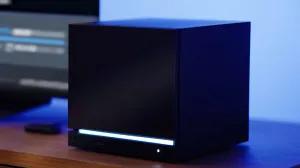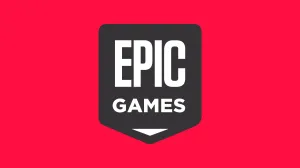Warner Bros. may have saved Mortal Kombat from Midway as it was crumbling into irrelevancy, but it has done a terrible job respecting the series’ legacy since. The publisher has canned multiple Mortal Kombat remakes, delisted a variety of entries, and been otherwise apathetic to Mortal Kombat’s rich history, leaving it to rot like a hanging corpse in Mortal Kombat 2’s Dead Pool stage. That huge opening has allowed the archivists at Digital Eclipse to give this series the full Criterion Collection-esque treatment through Mortal Kombat: Legacy Kollection. Even with a batch of poorly aged games and a tendency to tiptoe around some true stinkers, this retro bundle finally gives these seminal games the care they deserve.
Videos by ComicBook.com
This isn’t to say these stories are all new. Many of the bundle’s documentaries are brimming with tales and anecdotes that have been told elsewhere. Dozens upon dozens of interviews over the years have touched on such stories like the innocent origins of “Toasty!,” how Scorpion’s “Get Over Here!” came from a spur-of-the-moment thought during a capture session, and how the first game was pitched as a some sort of Jean-Claude Van Damme game. Series co-creator Ed Boon probably has those stories — along with many of the others he’s repeated ad nauseum — etched into his brain at this point right under the Scorpion’s Fatality input from the first game.
Rating: 4/5
| Pros | Cons |
|---|---|
| Well-produced documentaries contextualize the series’ importance with the grace it deserves | Most of the games are cheap and constantly read the player’s inputs |
| Its timeline is relatively detailed and easy to follow | Some of the later titles aren’t discussed as thoroughly or aren’t talked about critically |
| Having access to so many versions and ports is historically important and makes this collection feel complete | Online play has many audio glitches and lacks crossplay, rooms, and invites |
| The invaluable quality-of-life features make each game a little easier to play and lift the veil on the many hard-to-trigger secrets |
Mortal Kombat: Legacy Kollection‘s Stories Aren’t All New, But They Provide Vital Context
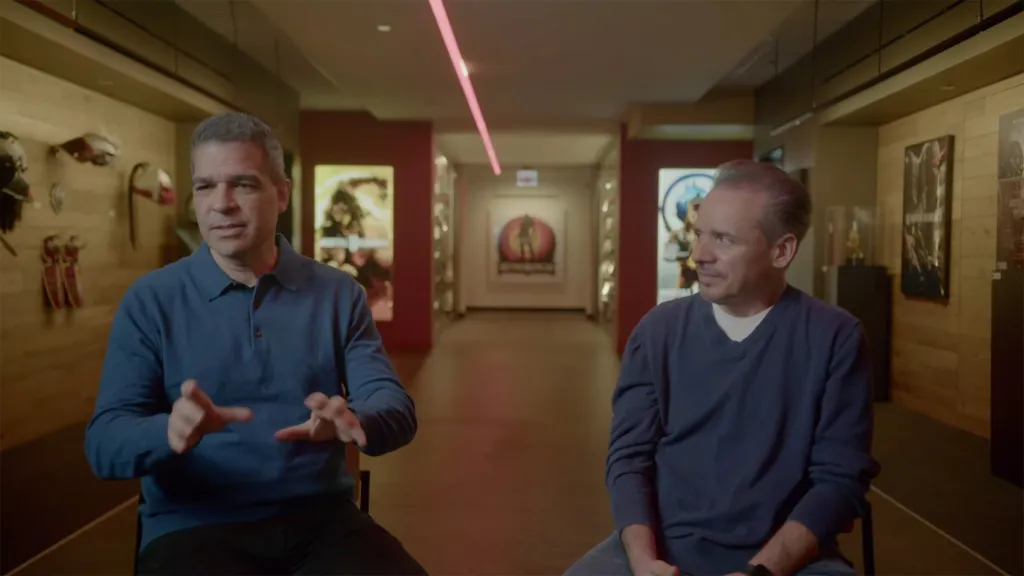
A story’s importance isn’t based solely on its novelty since the context and wide variety of perspectives is what gives this specific retelling a noteworthy edge. Boon, the most prominent voice for Mortal Kombat over the years, isn’t the only one reminiscing here; he’s joined by a whole host of seminal players that all have their own perspectives. These talking heads range from series co-creator John Tobias to noted pinball designer Eugene Jarvis to Midway’s mustachioed marketer Roger Sharpe. Their input is often given additional color by knowledgeable commentators like TRMK (a long-standing MK forum) co-founder Patrick McCarron and seasoned media personality (and ardent Mythologies defender) Jeff Gerstmann who all add color to the topic at hand from the perception of an outsider.
Having all of these people in one place talking about the game gives Legacy Kollection more authority when compared to other ways Mortal Kombat has been documented. So even though the interviews are shot well and interspersed with relevant footage to hammer certain points home (something that’s particularly helpful when comparing the different ports), putting them all under one digital roof is the special ingredient here. Having so many unique viewpoints also often leads to fitting segues and hilarious ones where two interviewees directly contradict each other. A smash cut to a contradiction is always documentary gold, but, along with being funny, it also serves as a reminder of how perceptions can warp after decades and how malleable memories can be. It’s a humanizing element that documentaries like this thrive on.
It’s impressively comprehensive, but it’s also important because of how it contextualizes what Mortal Kombat means. The interactive documentary timeline, a clever feature borrowed from Digital Eclipse’s other titles, lays out events in chronological order with various nodes that describe a certain important subject. This specific timeline begins many years before Mortal Kombat was even a twinkle in Boon’s eye and does an excellent job paving the road to the Netherrealm. It is important to describe how Boon’s work on pinball machines and Tobias’ drive to contribute to a game that could better show off his artistic skills led to concepting Mortal Kombat. It even takes a fitting detour to pay respects to Warren Davis, the creator of Q*bert and one of the key forces behind the digitizer technology Mortal Kombat popularized. It’s a key role that’s often underappreciated, so it’s commendable to see this documentary carve out enough of a block for him and other similar early contributors.
Mortal Kombat: Legacy Kollection Avoids Talking Too Critically About the Bad Entries
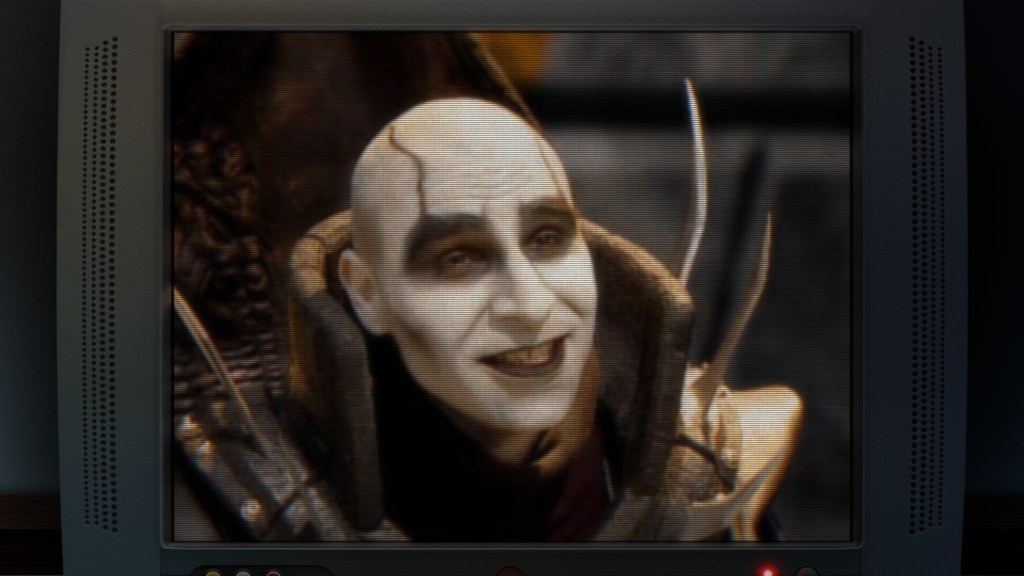
The documentary sections get less and less detailed as the time goes on, though. Legacy Kollection provides insight into the various home versions of the games, why those console and handheld iterations were important (which come bundled with welcome interviews with those who did the port work), how the technology changed between years, and the various other films, shows, and comic books that followed the 1992 original. All of these tertiary branches aren’t quite as important as the main thrust of the Mortal Kombat fervor that swept the nation in the first year, but that also means Legacy Kollection is weighted the most toward the games people already know the most about.
This is understandable and most topics or games get at least one original video discussing their importance — and that’s probably all some need — but there are some noticeable exceptions. For example, there’s not a single conversation about the WaveNet version of Ultimate Mortal Kombat 3, an internet-enabled and slightly tweaked version of the regular arcade cabinet that was previously considered lost media because of how limited its run was. Resurrecting this dead arcade cabinet is a massive deal, yet it only has a small blurb in the menu. Mortal Kombat: Special Forces also doesn’t even have one single video on it, despite finally seeing a wider release after being a hard-to-find spin-off that’s been locked to the original PlayStation.
Legacy Kollection’s negligence of Special Forces is part of a larger issue that highlights how it tiptoes around Mortal Kombat’s sore spots. Mortal Kombat Mythologies: Sub-Zero and the notoriously awful Game Boy port of the first title are often seen as the worst entries in the entire franchise, but they are talked about somewhat positively or in mostly objective terms. The main speakers and associated blurbs don’t fully reflect reality by only lightly implying that these games aren’t widely beloved. Mortal Kombat: Advance and Special Forces were also both unanimously panned and are still bloody skid marks on the franchise, and they aren’t even mentioned aside from their brief nodes on the timeline.
Special Forces is a particularly interesting topic since it underwent radical changes before release, a shift that was partially attributed to Tobias leaving Midway about midway through development. Extensively interviewing Tobias in person and not delving more into what happened here is a huge missed opportunity and reeks of not wanting to engage with Mortal Kombat’s more turbulent periods. And this direction, as a result, means Legacy Kollection lacks the spicy zest that would come from a looser and more honest reflection. The multiple decades since these flops and the series’ continued success should have provided enough of a bulwark for the people involved to talk more candidly about what happened during these darker times. There is merit to speaking to Mortal Kombat’s many high points, but glossing over or outright ignoring the handful of low points paints a less accurate picture of the whole series.
Mortal Kombat: Legacy Kollection‘s Quality-of-Life Features Are Incredibly Thoughtful
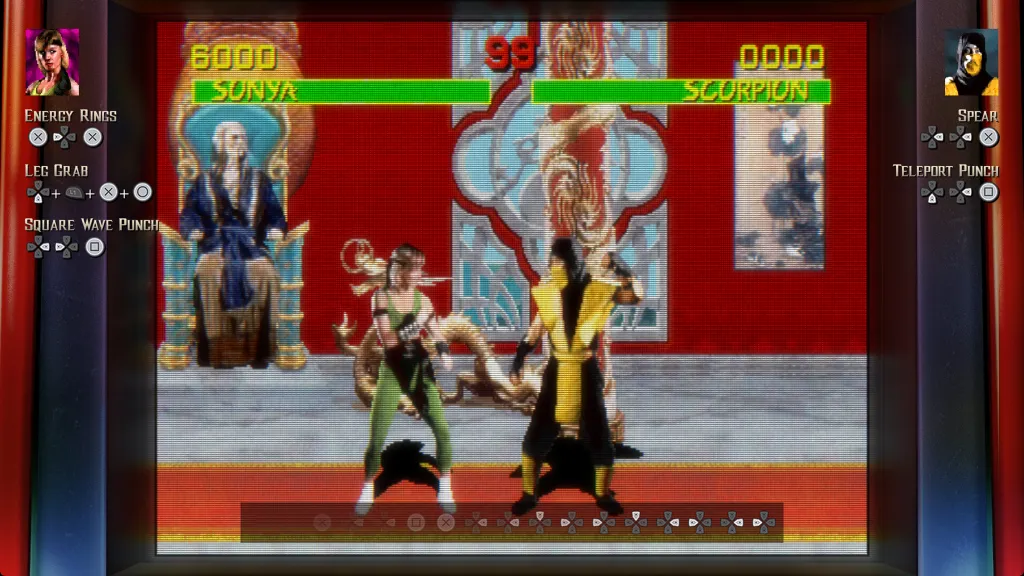
Even if a few entries lack thorough setups, getting to play the games after learning about them makes it easier to appreciate them, especially when armed with the knowledge to properly analyze the various ports and spot all of the differences. Pulling off a perfectly timed anti-air uppercut is still a timelessly satisfying exercise and conveys through the gamepad why these games are so important, a point repeatedly illustrated through the preceding videos and archival footage.
However, so many of them are grueling tests of patience; an inevitability since they were designed to extract as many quarters out of players as possible. Flawless input reading and cheating bosses lead to many unfair fights and can make even the lower points on the arcade ladder feel like a sweaty EVO Grand Finals match against SonicFox. It becomes less about playing well and more about exploiting loopholes and getting lucky. This unrewarding feeling is further magnified by the terrible ports in this lineup that are also plagued by awful controls.
Thankfully, Digital Eclipse has taken many steps to help alleviate the more poorly aged aspects of each game. All 23 versions have been outfitted with special and easily accessible cheats that range from removing the strict Fatality timer to lowering the overall difficulty. Combined with an invaluable rewind feature conveniently located on the left stick and a handy quick save function, getting around the archaic parts of these titles becomes manageable with all the various knobs and switches. Practice modes, Fatality trainers, and the ability to pin moves to the screen (although regular attacks are still oddly hidden) are also all crucial features that streamline the experience by making each entry easier to learn.
These settings vary from game to game and have been carefully customized to meet the needs of each and every one. And while some touch on difficulty, many of them make Mortal Kombat’s various secrets more accessible. It’s no longer mandatory to spam low kicks and win without blocking to fight Jade in MK2, nor is it necessary to input every Kombat Kode by hand in UMK3; all of these types of secrets can simply be toggled in the overlay menu. Making these obtuse mysteries more approachable is smart because it makes such a huge part of this series easier to appreciate. Widespread internet access has already spoiled these surprises, too, so there’s not much use in pretending like the cat is still in the bag.
Mortal Kombat: Legacy Kollection‘s Online Multiplayer Is Embarrassingly Bare-Bones
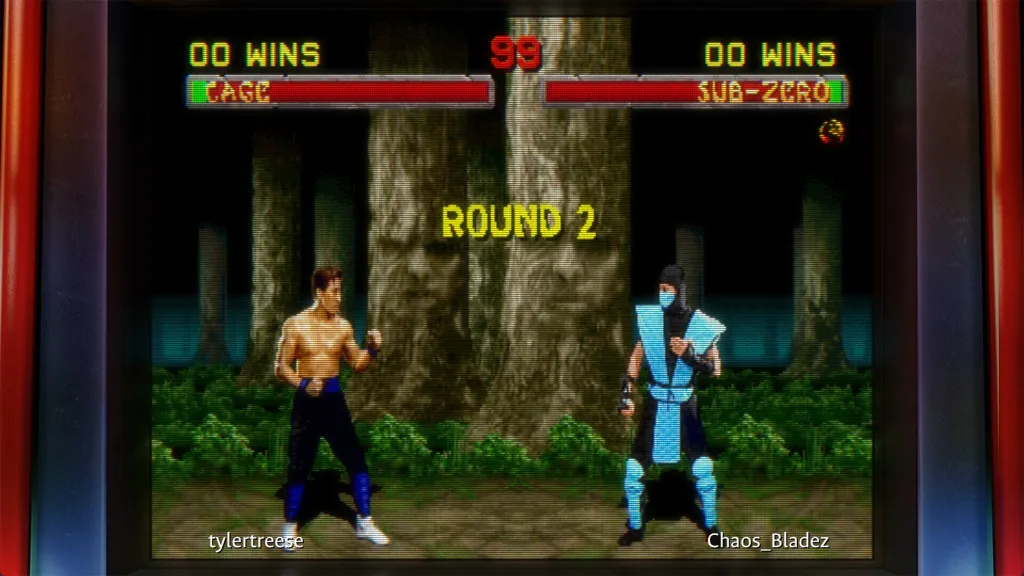
Multiplayer has always been important for the series, but it hasn’t been preserved as cleanly. Local play is straightforward and works as intended, yet the online multiplayer is barren and a little busted. It lacks lobbies, an invite system, crossplay, ranked play, and a WiFi filter (although lobbies and invites are supposedly coming later, while crossplay may or may not), as well as a game-agnostic matchmaking system that lets players matchmake across multiple games at once to avoid splintering the base. Missing so many of these genre-standard features deflates such a pivotal aspect of a collection filled with games with storied multiplayer histories. And when combined with persistent audio bugs, this inadequate feature set demonstrates how far Digital Eclipse has to go in order to get Legacy Kollection’s online suite where it needs to be.
Even with hobbled online offerings, Mortal Kombat: Legacy Kollection is a lovingly constructed tribute to one of the medium’s most important franchises. Digital Eclipse’s signature timeline menu and array of well-produced (if sometimes overly safe) documentary clips lay out the necessary context that walks players through Mortal Kombat’s importance, culminating in a newly streamlined game that acts as a playable museum exhibit. Cheap, quarter-munching AI means not many of these titles have aged well, but an extraordinary amount of tweaks and options ensure these renditions are presented in the best possible light and offer some protection against the sands of time. Soft-pedaling the series’ weaker moments is disappointing, but this thorough collection is, for the most part, the historical deep dive Mortal Kombat has deserved and opens the door for another chapter that thoughtfully explores its divisive 3D era.
A PS5 copy of Mortal Kombat: Legacy Kollection was provided by the publisher for the purpose of this review.






